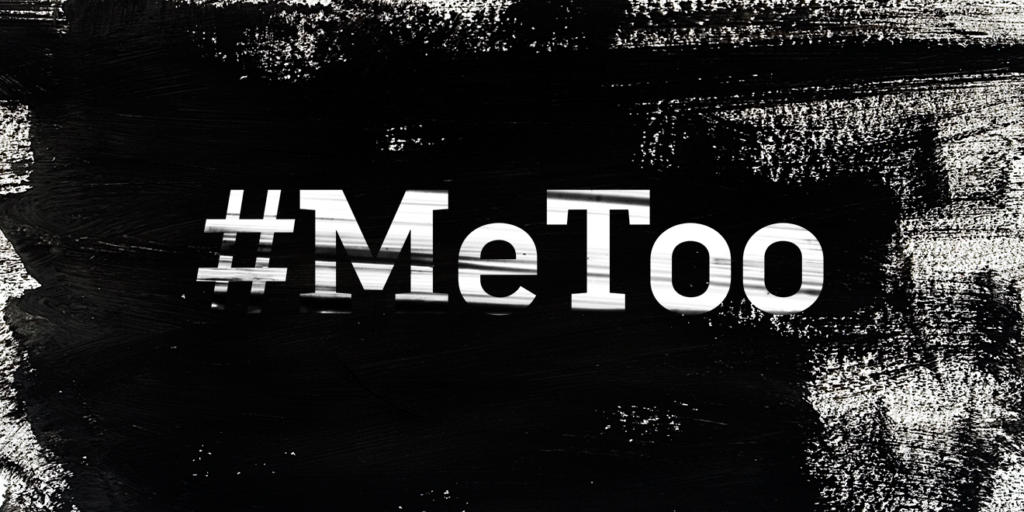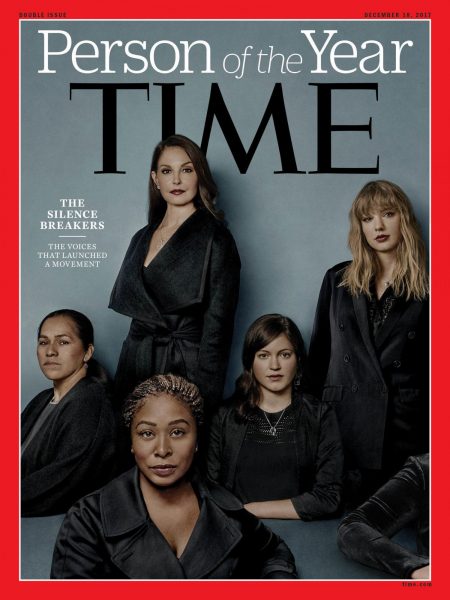By Herman Chavez, UCA Publicity Intern
The free Freshman Theatre Project performance takes place on Friday, Nov. 30, 7:30 p.m. in the Studio Theatre at the University Center for the Arts. The UCA is located at 1400 Remington St.

“She deserved it.”
“He didn’t say no.”
“What were they wearing?”
In the wake of sexual assault allegations being raised in the public eye over the past few years, statements such as these have become a constant in discussions about sexual crimes. As a response to societal misunderstandings about sexual assault and to bring awareness about the issue, a social movement—known through the hashtag of #MeToo—has dominated popular media as more and more people decide to share their stories.

CSU Theatre Professor Walt Jones
At Colorado State University, freshman theatre majors in the School of Music, Theatre, and Dance are exploring the #MeToo movement for their annual Freshman Theatre Project. On Nov. 30, two sections of the freshman theatre seminar—33 students altogether—will showcase the work they’ve done over the course of the semester. In order to do so, the students and faculty director Professor Walt Jones turned to the “joint stock” method of acting.
Founded in London in 1974, the “Joint Stock Theatre Company created a distinctive style of working with writers using company research to inspire workshops,” said Jones, explaining how the style led to other theatre groups adapting it to “enjoy deep connections to the community and powerful responses to their work.”
According to Jones, Joint Stock works are “company-researched and interview-based theatre pieces” that have their roots in The Laramie Project, another production put on by CSU students earlier this fall. Much like Laramie was a reaction to the murder of Matthew Shepard, the Freshman Theatre Project is a reaction to the #MeToo movement and uses interviews to structure the production.
“Like Laramie, our students will use the text of the interviews they've taken and also present them as characters, using the physicality that the interviewee showed,” said Jones. In doing so, the freshmen have gone to great lengths to ensure that their project is representative of the movement, as well as the theatrical style. “The students have gone out into the community and amassed over 150 interviews” according to Jones.
“I interviewed a wide variety of people, from strangers to close family and friends. I wanted a wide variety of perspectives so I tried to choose those who came from all aspects of society,” said freshman Lili Federico, a performer in the production.
The freshmen in Jones’ studio decided to create a project about #MeToo because of its significant presence in society. While they originally discussed the need for gun control, the students ultimately came to Jones, stating that “given the current trends and passion behind it, we must tackle the #MeToo movement.”
Freshman James Fagan, who finds the project “truly exhilarating,” mentioned that “with everything that has been in the media recently, it seemed like an excellent time to bring this topic into further light.” Along with the other freshmen, Fagan used the opportunity of the Joint Stock method to further his understanding of the movement.
Federico said that the best part of the project for her was “learning more about the movement and more about the community around me.” Both Federico and Fagan mentioned that more social knowledge is a by-product of the movement (as well as the production), which has been progressing more and more in the public eye.
#MeToo
From showing up alongside celebrities’ names to being TIME’s 2017 Person of the Year, the hashtag #MeToo has been an unavoidable aspect of popular media, forcing society to take a closer look at sexual assault in our lives.
 The hashtag was first seen in social media in Dec. 2006, where it was created in order to support survivors from mostly marginalized backgrounds. In Oct. 2017, the hashtag gained immense popularity when actress Alyssa Milano asked followers on Twitter to tweet with the #MeToo hashtag to give a proper representation to the problem of sexual assault. In just the first two months following her message, the hashtag was used in 1.7 million tweets, and continues to be seen across social media platforms and in news headlines more than a year later.
The hashtag was first seen in social media in Dec. 2006, where it was created in order to support survivors from mostly marginalized backgrounds. In Oct. 2017, the hashtag gained immense popularity when actress Alyssa Milano asked followers on Twitter to tweet with the #MeToo hashtag to give a proper representation to the problem of sexual assault. In just the first two months following her message, the hashtag was used in 1.7 million tweets, and continues to be seen across social media platforms and in news headlines more than a year later.
The social movement grew to encompass ways of supporting survivors, conversations about prevention and causes, condemnations of sexual assault perpetrators, and the creation of the metoomvmt.org website.
Through the Joint Stock method, CSU students are supporting the movement—proven to have impacted the lives of people in the near community—allowing those messages to take form through their performance.
“It just makes you a stronger human who can handle anything that gets thrown your way,” said Federico. “It is such a sensitive topic and you can tell a lot about a person by their response. I’m excited to showcase all of our hard work and hopefully show the audience another side to this extremely important topic.”
Fagan agreed. “I'd say expect a lot of raw emotions on that stage,” finished Fagan. “No two people have the same story or experience, and we’re here to showcase that.”


